Introduction
Oil, an integral component of the Earth’s geology, plays a vital role in maintaining ecological balance. However, the exploitation of oil resources, alongside its associated pollution and the practices of the oil industry, has ignited concerns about the toll on our environment. This article delves into the essentiality of oil within the ecosystem, scrutinizes the consequences of oil pollution, and analyzes the implications of the oil industry’s actions on our planet.
The Ecological Importance of Oil
Oil, formed over millions of years from decomposed marine organisms, exists as a natural part of the Earth’s makeup. This hydrocarbon-rich substance serves multifaceted ecological functions. Among these, oil provides a haven and sustenance for marine life. Natural oil seepages on the ocean floor cultivate unique ecosystems that support a myriad of organisms adapted to thrive in these conditions.
Moreover, oil comprises organic carbon compounds pivotal to life’s foundation. Microorganisms dwelling in oceans biodegrade these compounds, releasing carbon and nutrients into the ecosystem. This intricate process of biodegradation facilitates nutrient cycling, promoting equilibrium within marine environments.
Oil Pollution: Environmental Ramifications
Though oil is a product of nature, human activities such as extraction, transportation, and consumption have spawned oil pollution, with dire consequences for the environment. Oil spills, be they large-scale accidents or gradual discharges, wreak havoc on marine life and coastal ecosystems. The toxicity of oil wreaks havoc on marine organisms, damaging their respiratory systems, hindering reproduction, and disrupting entire food chains.
The pernicious effects of oil pollution are enduring, often lingering long after cleanup efforts conclude. Lingering remnants of oil can endure in the ecosystem, perpetuating harm to aquatic life and coastal vegetation. The healing process post-oil spills is lengthy, stretching into years and even decades.
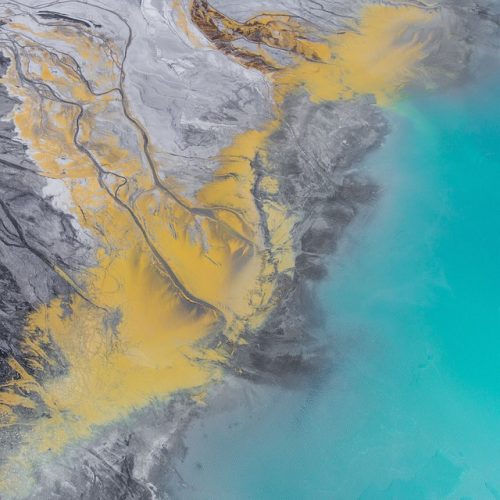
Oil Industry and Environmental Concerns
While the oil industry is pivotal to modern economies, it faces mounting scrutiny due to its environmental footprint. Methods like offshore drilling and hydraulic fracturing pose risks to terrestrial and marine ecosystems alike. Accidents in oil exploration and transportation lead to catastrophic spills, inflicting both immediate and long-term ecological damage.
Furthermore, the combustion of fossil fuels, including oil, releases greenhouse gases like carbon dioxide into the atmosphere, exacerbating global climate change. Escalating temperatures contribute to rising sea levels, altered weather patterns, and disruptions across ecosystems on a global scale.
Also read: Oil Spills – Causes, Effects, and Solution
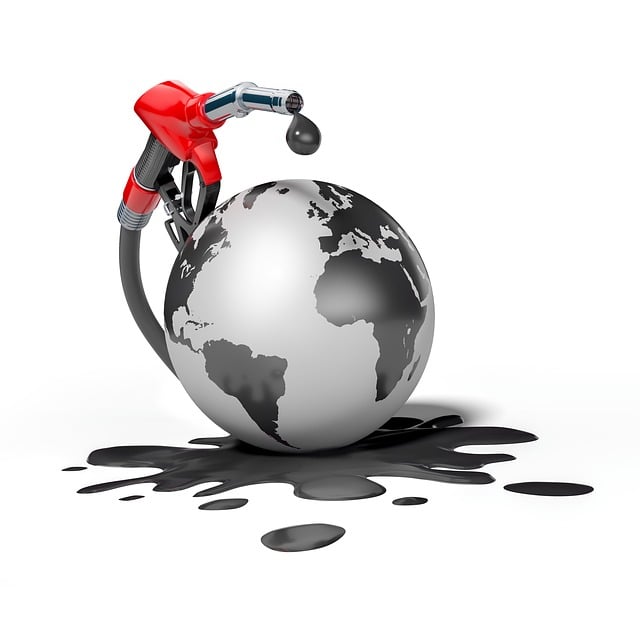
Conclusion
Oil’s significance within the ecosystem encompasses providing habitats, nutrient cycling, and even foundational organic compounds. Yet, the actions associated with the oil industry, spanning from oil pollution to the burning of fossil fuels, invite serious environmental apprehensions. Striking a balance between harnessing oil resources and mitigating the consequential ecological repercussions is a mandate. The transition toward cleaner energy alternatives, coupled with rigorous regulatory frameworks, emerges as the clarion call to mitigate the environmental impact of oil-related endeavors. Thus, a harmonious coexistence between human progress and ecological preservation beckons, charting the course for a sustainable future.
This article was contributed by Syed Javed Iqbal. He is a student of Department Environmental Science (7th Semester), University of Balochistan.
We hope you liked this post! Please comment below if you have any suggestions, comments or feedbacks! We at #envpk love hearing from readers! Thanks!

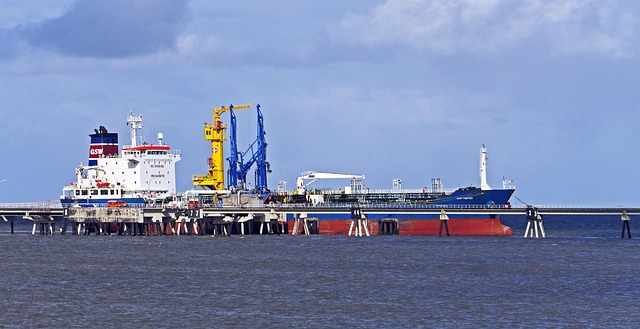
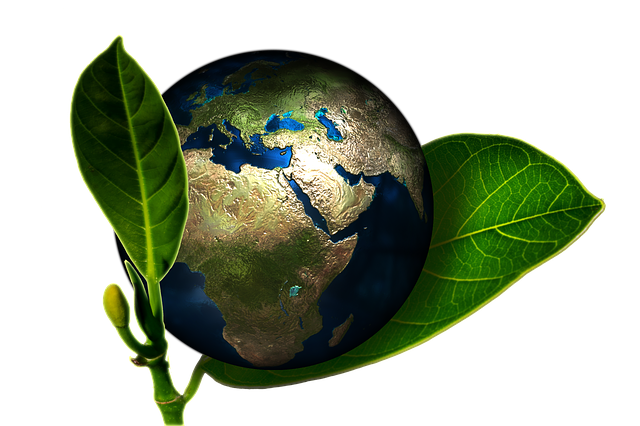
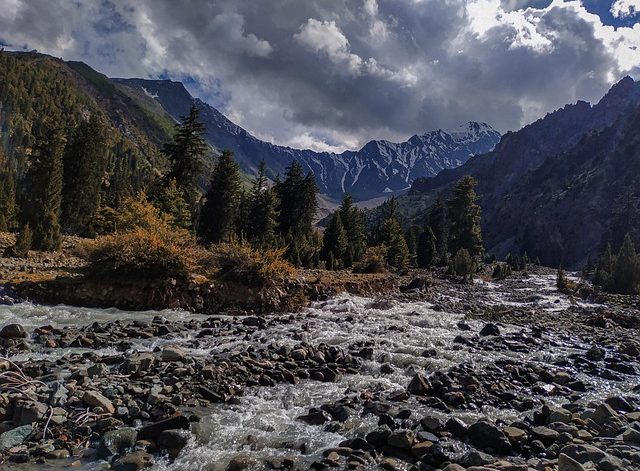
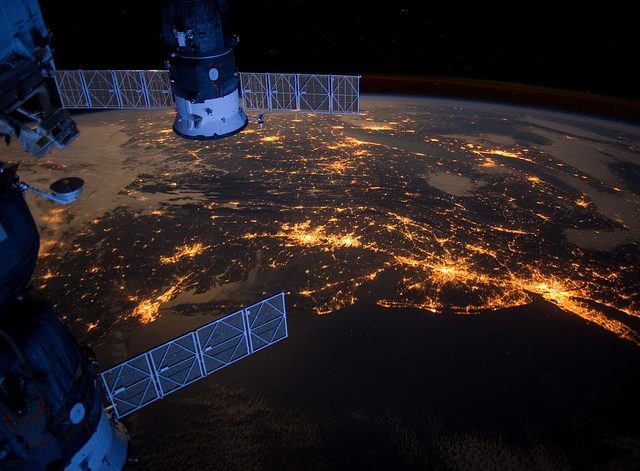
1 Comment
Very great and knowledgeable content. Danke